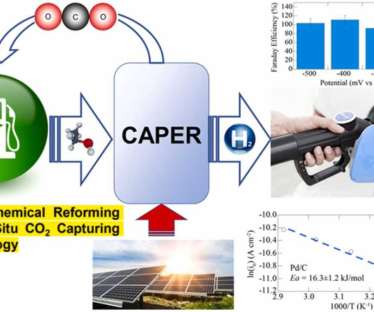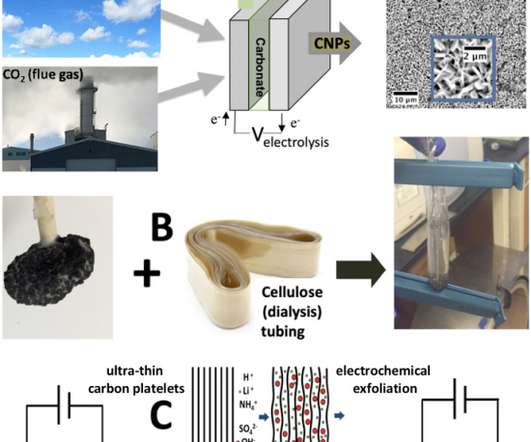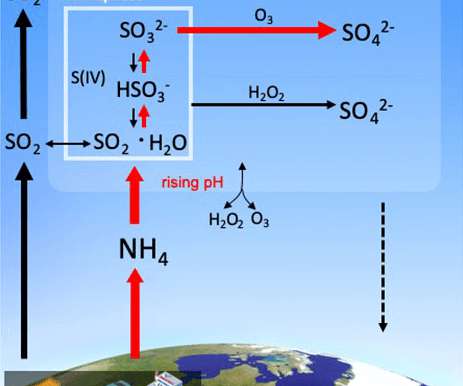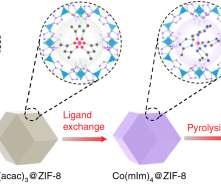Universal Hydrogen, magniX, Plug Power, and AeroTEC set up hydrogen aviation center at Moses Lake, Washington
Green Car Congress
AUGUST 5, 2021
Universal Hydrogen, magniX, Plug Power and AeroTEC have established a Hydrogen Aviation Test and Service Center at Grant County International Airport in Moses Lake, Washington. The conversion work for US-based airlines, flight test, as well as continuing airworthiness support would be based in AeroTEC’s Moses Lake facility.



































Let's personalize your content